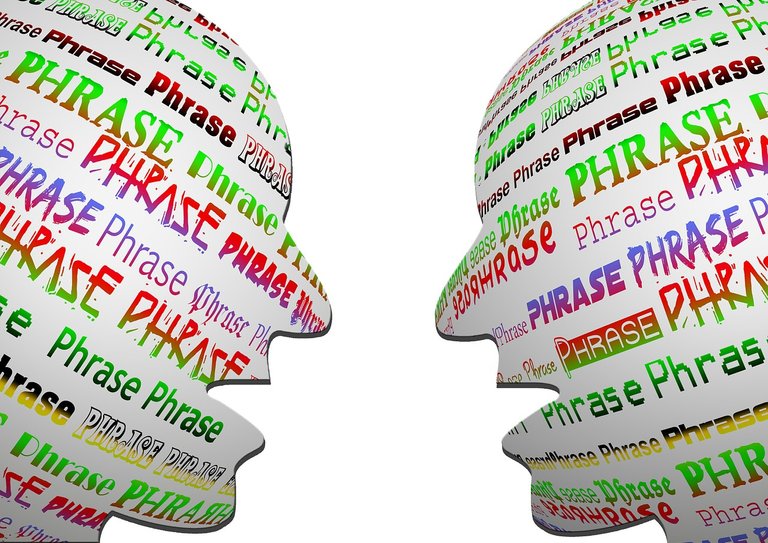Musing on Moral Platitudes

Today the focus of my contemplation is on the phrase: "Moral Platitudes". What exactly constitutes a moral platitude in the first place? For the sake of facilitating discussion I'll have to define what both of the root words in this phrase mean. Morals or morality is defined by either a concern for the rightness and wrongness of behaviors or in the goodness or badness of character.
There are many different moral systems which can exist, such as deontologic morality which are rule based, by the book, by the scripture, or there can be consequence based morality which means rightness and wrongness is determined by the outcomes the behaviors generate, or there can be virtue based morality where the emphasis is on the character of the person doing the behaviors rather than simply on the consequences or the strict rule following.

A platitude is usually a popular yet seemingly meaningless saying or catch phrase which also has a moral tone to it. It's not the same as a mere cliché. A cliché is a literary device or an over used possibly anachronistic expression. An example of a one would be "opposites attract", or "It's better to have loved and lost, then to have never loved at all". These sayings are vapid yet mostly innocuous. There is no sense of moral condemnation or judgement or sentiment in these cliches.
A platitude is often sanctimonious. For example "hard work shall set you free", or "Money can’t buy happiness", trend toward being interpreted as moral platitudes. These trite sayings are applied broadly and in a specific way. A clear example of a moral platitude is: "Everything happens for a reason.” Of course any physicist or scientist can tell us that everything happens for a reason but does this phrase actually give any wisdom or knowledge other than the most obvious? Yet people to this day espouse such platitudes.
Politicians and demagogues often rely on this sort of speech deliberately. Lawyers also use quibble speech to bedazzle a jury, or a client, or each other. In other words, platitudes are a way to be voluble without actually communicating anything of value. Moral platitudes seem to communicate some sort of deep moral wisdom when in actuality they are communicating empty quibble speech. A political example; "We need to be tougher on crime" or “I believe in a (fill in country) that is always moving toward the future.” or "The arc of history bends towards justice".
For anyone who took the time to read, what are your thoughts on this topic?
To listen to the audio version of this article click on the play image.

Brought to you by @tts. If you find it useful please consider upvoting this reply.
I understood platitude now. like this "better than nothing" ....am I right?
Congratulations @dana-edwards! You have completed the following achievement on the Steem blockchain and have been rewarded with new badge(s) :
You can view your badges on your Steem Board and compare to others on the Steem Ranking
If you no longer want to receive notifications, reply to this comment with the word
STOPTo support your work, I also upvoted your post!
Do not miss the last post from @steemitboard:
Vote for @Steemitboard as a witness to get one more award and increased upvotes!
Curated for #informationwar (by @truthforce)
Ways you can help the @informationwar!